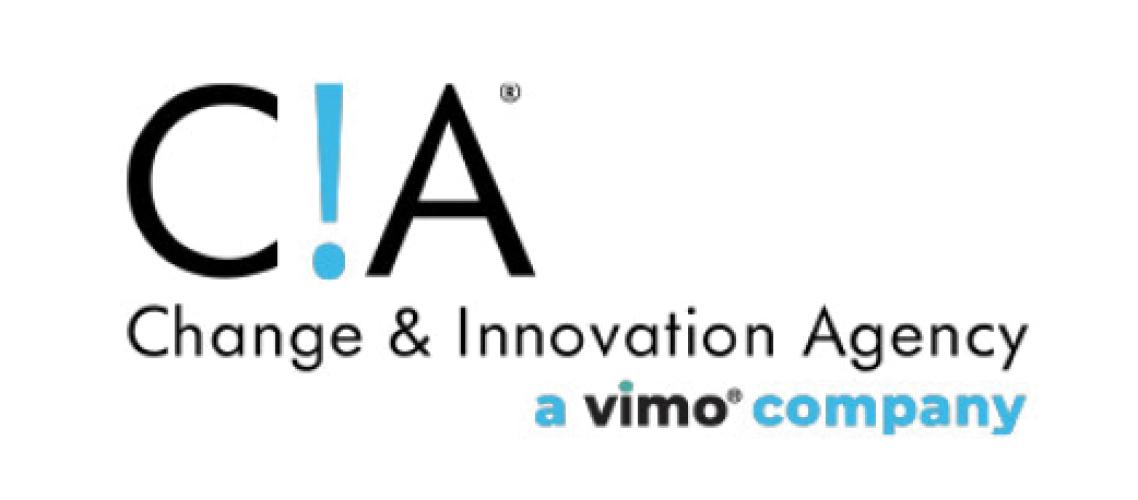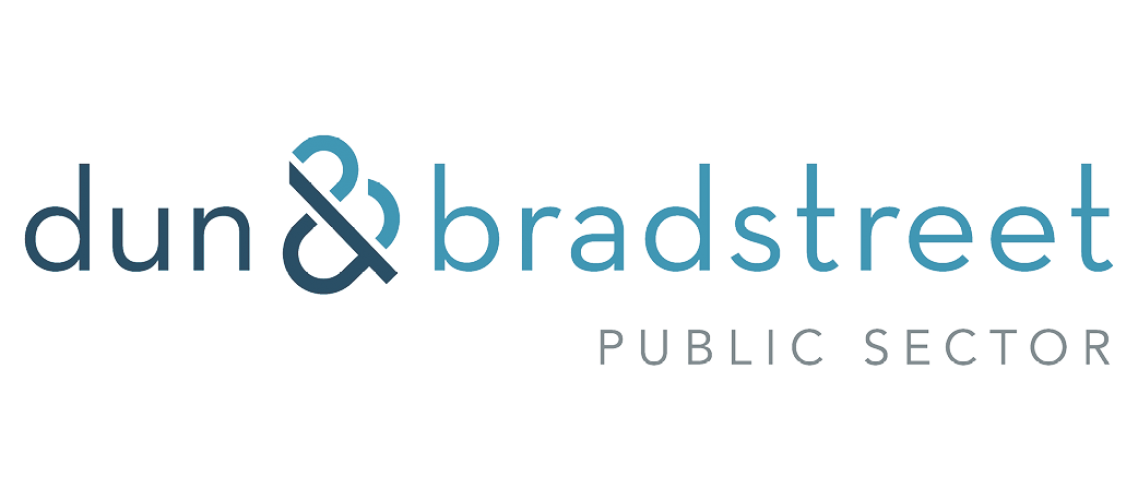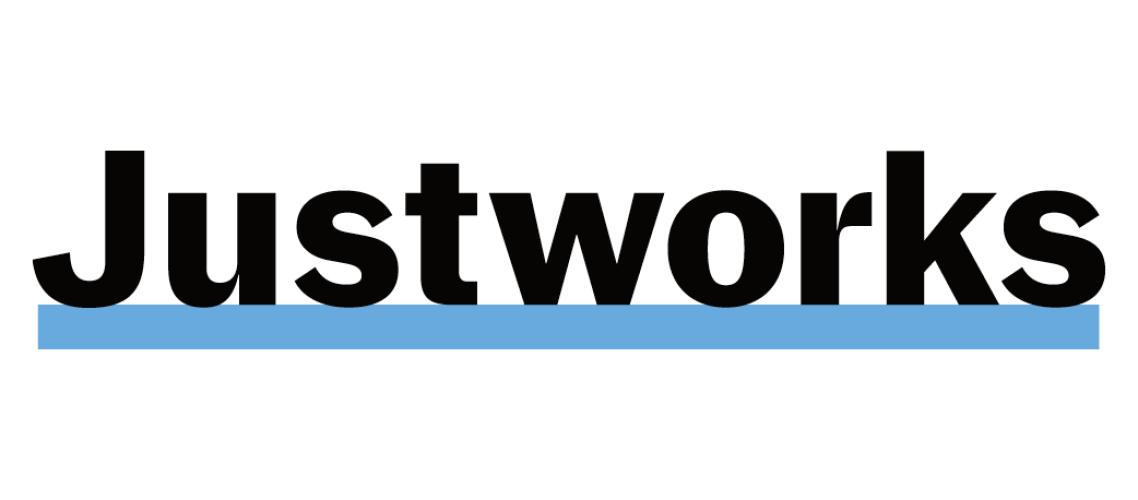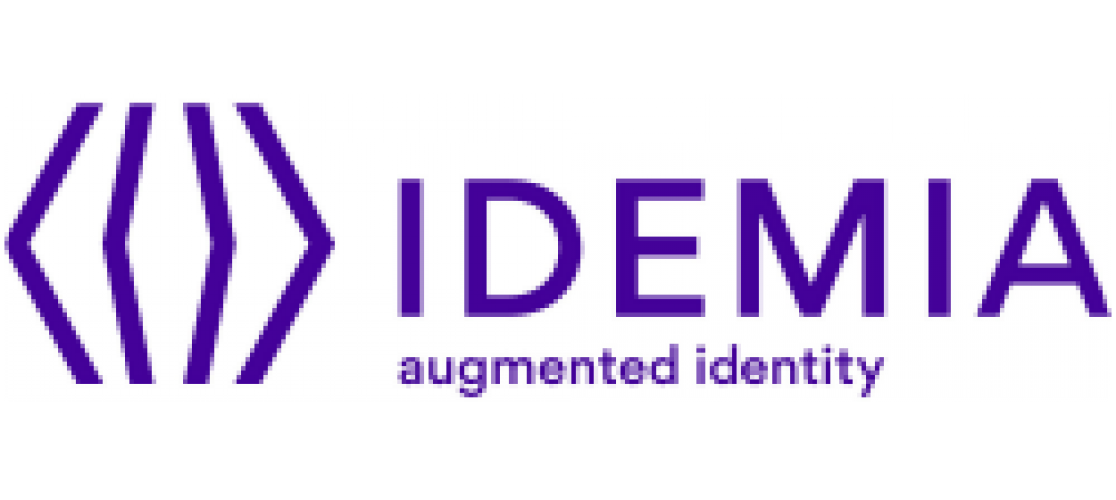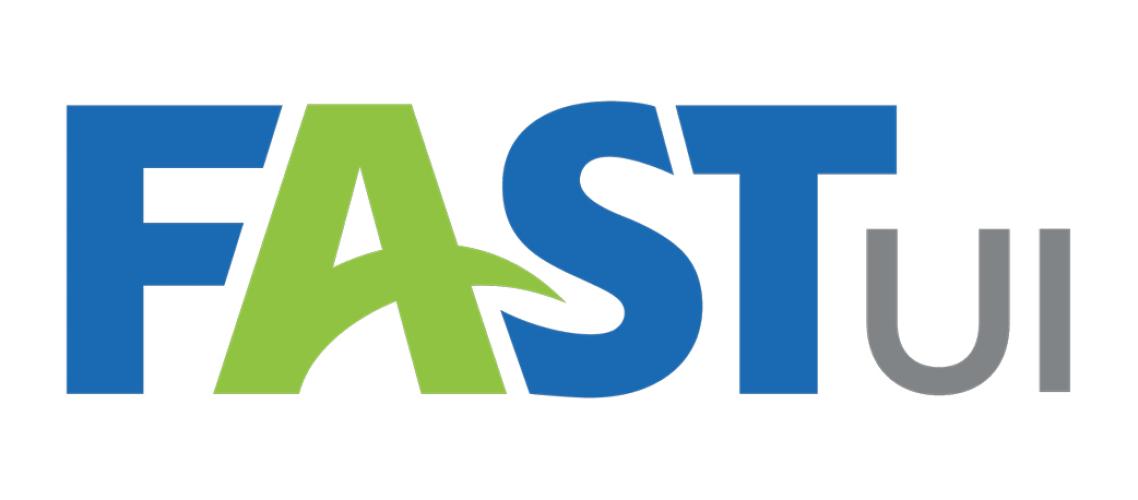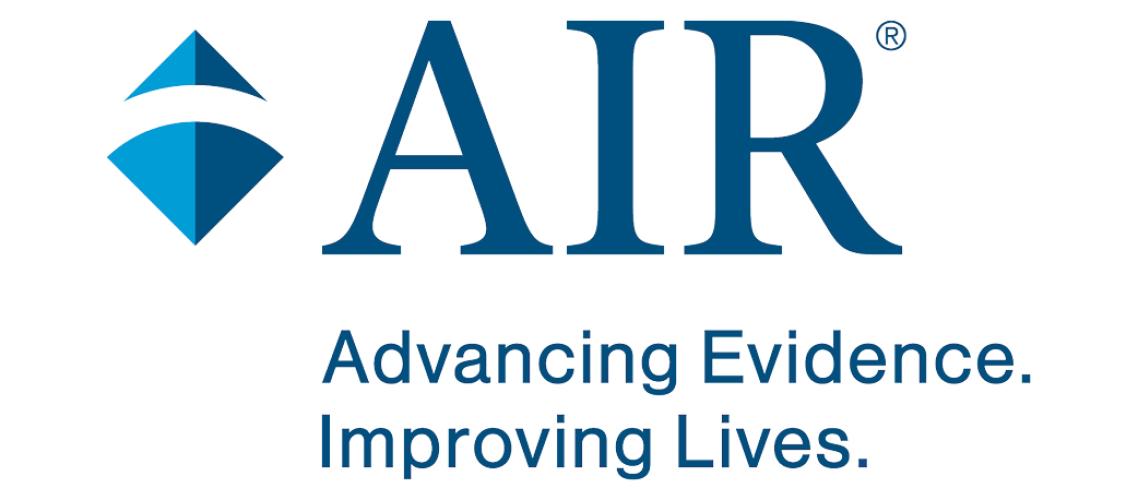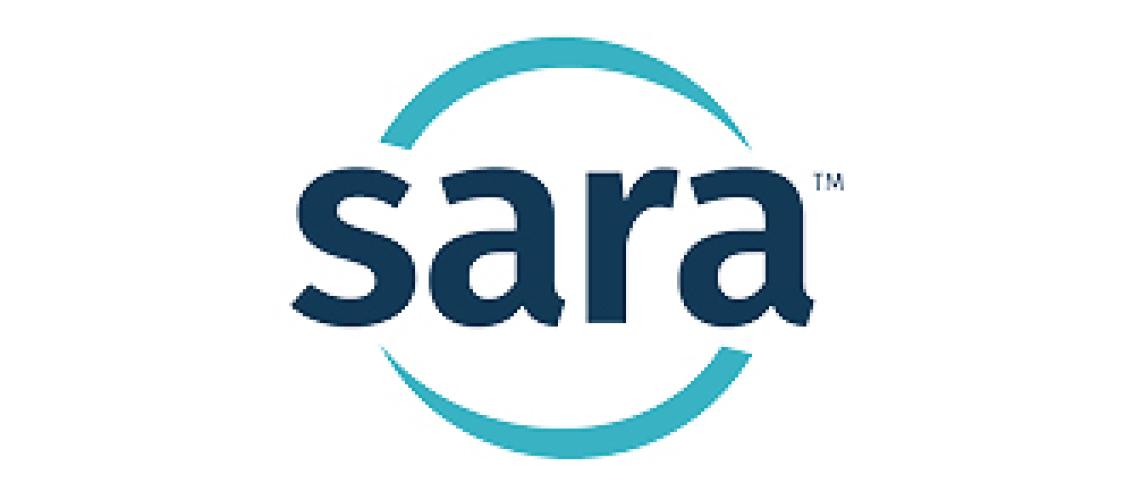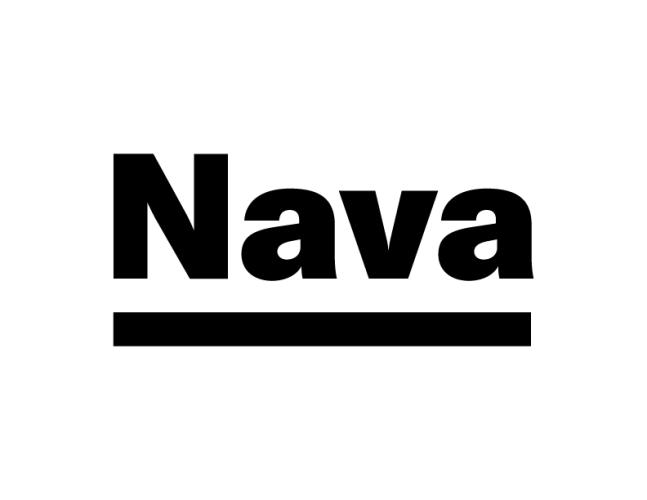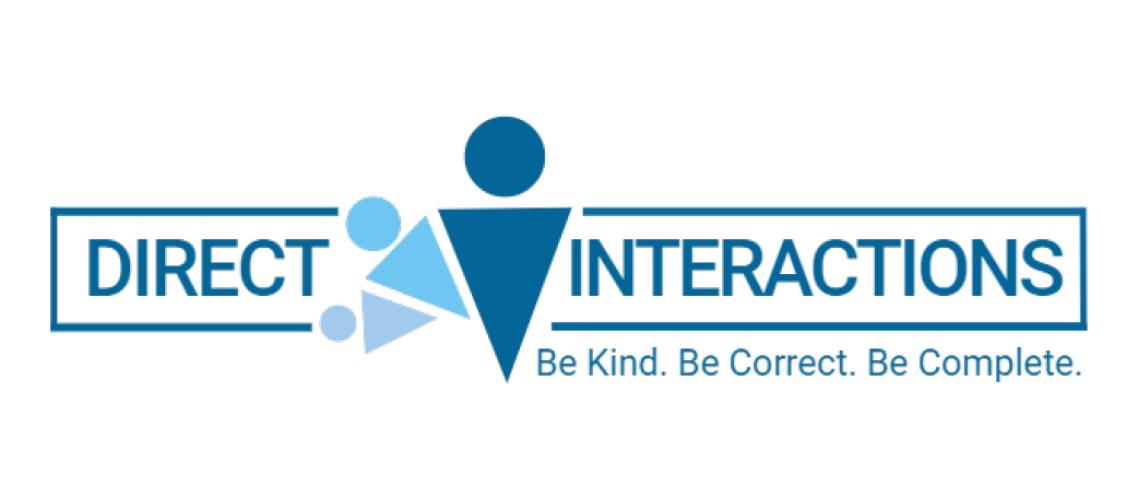CRS Report - The Impact of Sequestration on Unemployment Insurance Benefits: FAQs
“Sequestration” refers to a process of automatic, largely across-the-board spending reductions under which budgetary resources are permanently canceled to enforce certain budget policy goals. Most recently, sequestration was triggered by the Budget Control Act of 2011 (BCA; P.L. 112-25) and first implemented on March 1, 2013 (delayed by P.L. 112-240).
Some, but not all, types of unemployment insurance (UI) benefits are subject to reductions under the BCA sequester. Regular Unemployment Compensation (UC), Unemployment Compensation for Ex-Servicemembers (UCX), and Unemployment Compensation for Federal Employees (UCFE) benefits are specifically exempt from the sequester reductions. UI payments from the Extended Benefit (EB) and now-expired Emergency Unemployment Compensation (EUC08) programs, however, are subject to the sequester reductions. States administer all types of UI benefits. Therefore, states are responsible for carrying out the sequester reduction in UI benefit payments. The amount and method by which a UI recipient’s benefit is reduced varies by the state and by the date when the reduction begins.
This report provides brief answers to some frequently asked questions regarding sequestration and unemployment insurance benefits.
